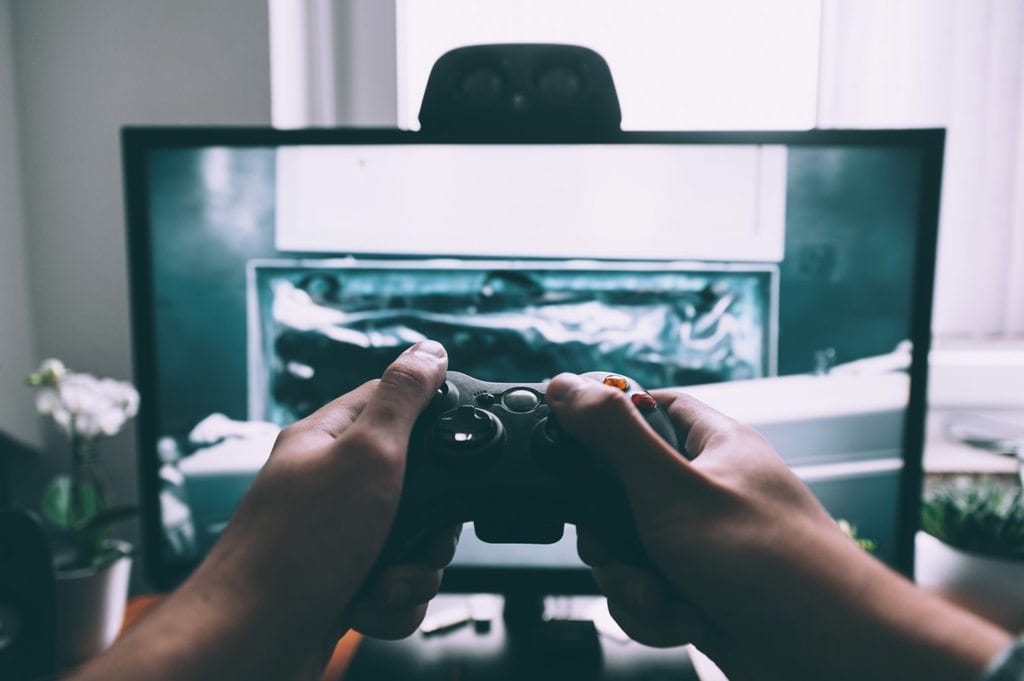I see this constantly on Facebook and social media platforms.
Musicians, singers, songwriters, or band members see some article, or tips somewhere about the music business and they have this knee-jerk response.
It’s the same one over and over.
It’s an incredibly prevalent belief, and it’s the ONE mental shift that virtually all musicians need to make if they truly want success.
It’s the belief that there’s something wrong with musicians who want success.
Here’s a few comments I’ve seen recently:
“A true artist only plays because they love it, not for money”
“You shouldn’t be concerned about making money, you should only be concerned with playing music.”
Or there’s this one:
“Money should never be the motivating factor for a musician”
I’m just going to say it now.
THAT IS TOTAL B.S.
Since when has it been wrong or bad for a hard-working, full-time musician to pay their bills and eat? Apparently, it’s not art unless they are starving artists. Then it’s real.
Second, in NO OTHER INDUSTRY do people say that kind of crap about a vocation.
One could argue that a baker is also an artist, and HOW DARE THEY charge for that 3-story wedding cake?
After all, they should just do it because they love it, right? How could they possibly think of CHARGING for that…. even though people would like to consume it?
Even though all those ingredients cost them money? Even though they show up to work at 5 am, spent years in training and apprenticeship, and have perfected their craft? NO!
They ought to be POOR and do something else for a living, and give their divine ART away for free.
RIGHT?
Now that we’ve got that ludicrous belief out of the way, let’s dive into the biggest thing artists overlook that will keep them poor.
It’s the BUSINESS side of music.
Why do they do this?
Probably because they’ve been surrounded for years by ignoramus commentary such as the one above.
They know learning the music business means WORK.
And they don’t want to work. They want to play.
Therefore, they will stay POOR.
They are afraid of failure.
They have zero self-confidence.
Musicians often have low self-confidence because they derive all their musical value and worth from YouTube comments rather than an inner satisfaction from the product they’ve created, and the work itself.
They believe money is evil.
By the way, it’s not money that’s evil, it’s the love/worship of it.
They feel some kind of guilt about asking people to pay them for their music, or for promoting their music.
More reasons musicians stay POOR:
They do not like the thought of having to use their left brain.
They feel weird about promoting themselves.
Plus, business, numbers, analytics, and advertising don’t sound very sexy.
It means you have to have your act together.
Learning the business side of music means a steep learning curve and learning curves are often painful.
The POOR musician avoids pain at all costs.
The SUCCESSFUL musician does whatever it takes, IN SPITE of the pain.
The following is what separates the amateur from the professional.
Much of it has to do with their level of personal growth and CHARACTER.
The amateur musician:
- Only wants to use the right side of his brain
- Only practices and plays music when he feels like it
- Has no schedule and no self-discipline
- Gauges her musical worth/value through fan reactions and social media comments
- Has a big ego and is always looking to boost it artificially
- Is very flaky and consistently shows up late or is a no-show
- Is lazy and believes someone will magically discover them
- Doesn’t understand how to leverage his time, money, or talent
- Believes all you need is good music and success should magically happen
The professional musician:
- Engages both the right and left side of the brain
- Practices and plays consistently, or schedules it into a season of life (they are deliberate)
- Practices self-discipline in OTHER areas of life
- They are punctual and value other people’s time
- Derives his satisfaction and musical value through the finished product itself,
- NOT from social media reactions
- Understands that music is a vocation and a calling, not just a hobby
- Embraces the fact that music is “work” and the product of good work is fruit of your labor (i.e. monetary compensation)
- Understands that it is a good thing to be paid for your worth and is not intimidated by learning the business side
- Realizes that if they want to increase their income, they need to increase their skills and value to the marketplace
- Understands how to leverage her time, her money, and her talent
- Knows that in order to be successful, you must solve someone’s problem.
- Good music solves someone’s problem.
I could go on.
But the main idea here is that the amateur musician can’t be bothered by the business side.
They don’t care about numbers and believe the silly notion that a true artist shouldn’t be concerned with money.
The professional musician knows that good music solves someone’s problem, and they know how to properly leverage their talent through learning some basic marketing skills.


